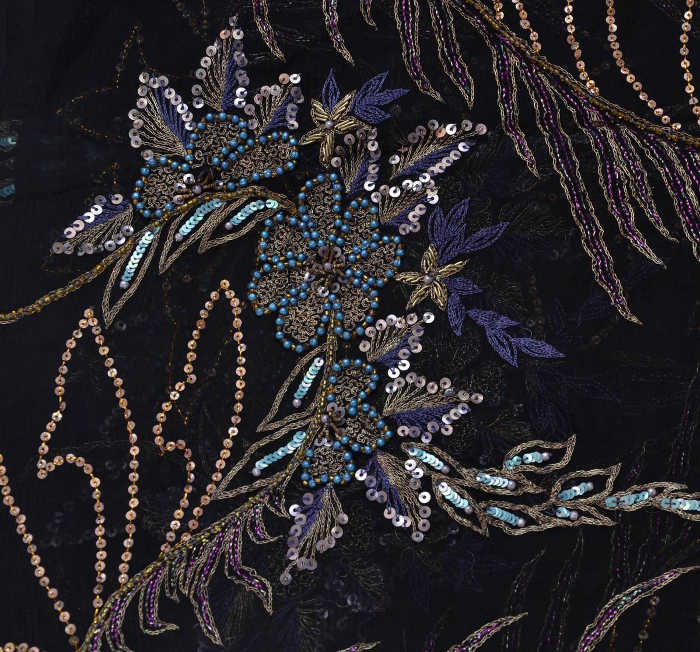===
0764,
9
===

=== |
 |
aa;Nkhe;N khulii;N to dekhaa jo kuchh nah dekhnaa thaa
;xvaab-e ((adam se ham ko kaahe ke tii;N jagaayaa
1a) when our eyes opened, then we saw whatever should not have been seen
1b) when our eyes opened, then whatever we saw, should not have been seen
2) from the 'sleep/dream of nonexistence', why did [someone] awaken us?
((adam : 'Non-possession, lack, want; non-existence, nonentity; nothing; annihilation'. (Platts p.759)
kaahe : 'The inflec. base of the Braj. pron. kahaa (=H. kyaa ), 'what?' — kaahe-se , 'with what?' 'from what cause?' 'wherefore?' — kaahe kaa , 'of what' (thing or material?): — kaahe-ko , 'for what?' 'why?' 'wherefore?' — kaahe-liye , or kaahe-vaast̤e (for kaahe-ke liye , &c.), 'why?' 'for what reason or purpose?' 'on what ground?' &c.'. (Platts p.808)
ta))ii;N : 'postpn. (governing gen. with -ke ), To, up to: (- ke ta))ii;N = ko ; e.g. us ke ta))ii;N = us ko '. (Platts p.353)
FWP:
SETS == MIDPOINTS
MOTIFS == DREAMS; LIFE/DEATH
NAMES
TERMSIn what sense are we to take nah dekhnaa thaa ? Does it refer to something that the speaker had been forbidden to see, by the decree of God or fate? Something that he ought not to have looked at, for some personal reasons of distaste or aversion? Something that normally would be invisible, but somehow he caught an impossible glimpse? Moreover, the 'midpoint' position of jo kuchh yields two possible readings, each with subtly different implications, as shown above in the translation. Needless to say, we're left to decide all this for ourselves.
Who woke the speaker up from the ;xvaab-e ((adam , and to whom is he complaining? The verse gives not the smallest hint; it's left up to us readers to decide who the agent and the addressee might be.
Note for grammar fans: Interlocking archaisms here. The tii;N is a form of ta))ii;N , contracted in both spelling and pronunciation into one long syllable for metrical convenience. Then, ke ta))ii;N is more or less equivalent to ko . So we're left with kaahe ko , which is roughly the same as kyuu;N .